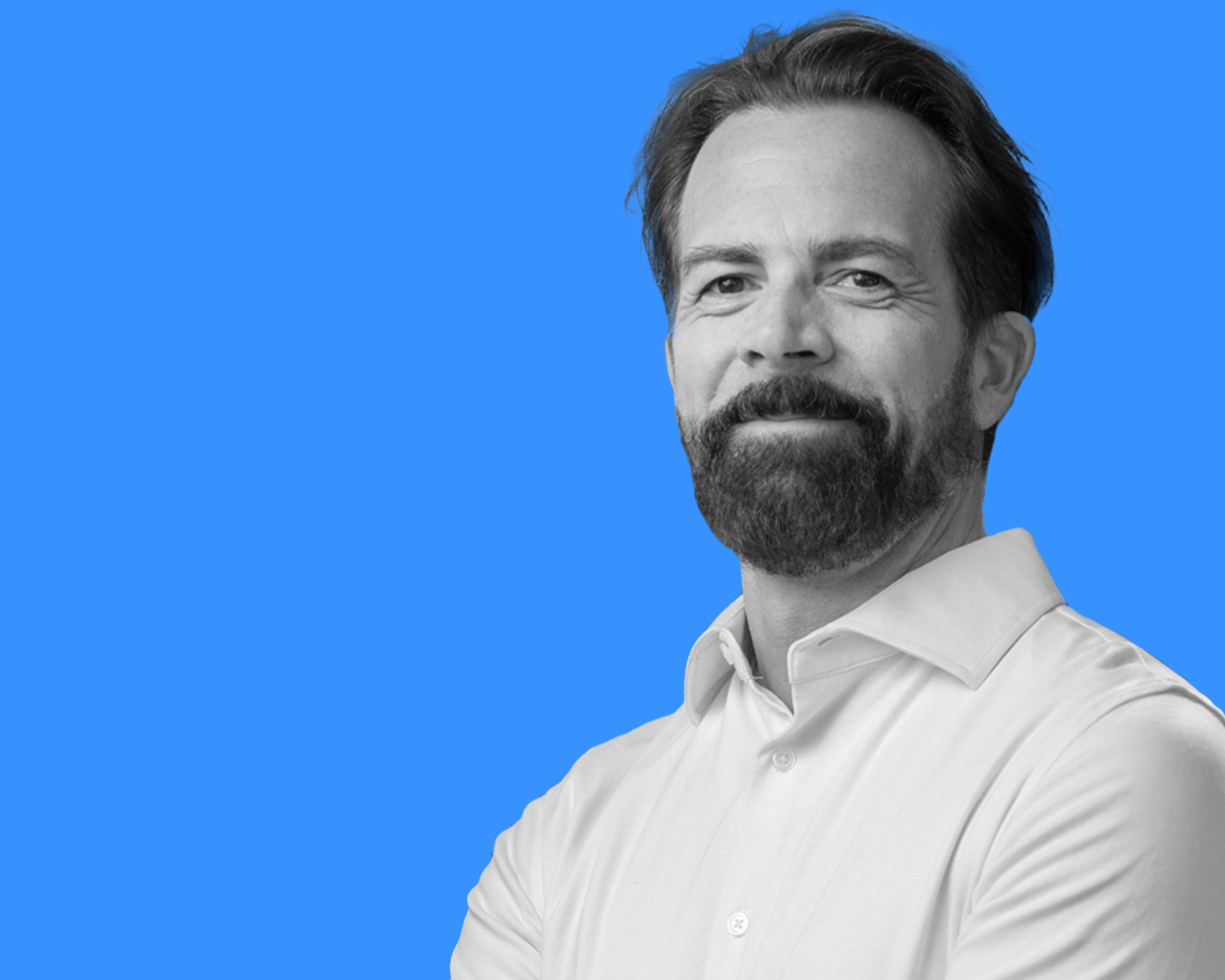Top-down Harm Reduction for Social Media
Social media is addictive and generally bad for our health, but there are ways to make it less harmful before even reaching the user.

Read Time: 4 minutes
Published:
We all know social media can be bad for our health, but we can’t seem to do anything about it. Dr. Vivek Murthy, the United States Surgeon General, is right that something needs to change, and from the top down. His office just published an advisory advocating for changes to make social media safer.
The Surgeon General is not alone in sensing the urgency. Montana recently banned TikTok and Utah enacted restrictions on both how minors can use social media and how companies can engage with them.
Social media can help us feel connected to family and friends and offers a platform for self-expression. But, overall, it is generally bad for us, and the evidence is getting stronger.
Social media replaces face-to-face interaction, exacerbating isolation and loneliness. It increases risk of depression and suicide and harms overall mental health. It’s linked to poor body image and increases the risk of eating disorders. There’s also a new trend of mimicking illnesses after seeing posts about them.
All of this is made worse by the fact that social media is designed to be addictive, just like smoking.
If any solutions are offered, they usually involve telling people to change their behavior. Of course, we should all spend less time on social media, we should be selective about the content in our feeds, and parents should be involved in their children’s activity. But most people aren’t going to do these things or can’t because it’s so hard to quit.
The good news is that there are ways to make social media less harmful before it even reaches the user. The Surgeon General appropriately calls on policymakers and tech companies to get involved.
The Surgeon General is right: we can’t wait any longer to address the harms of social media.
First is making the apps themselves safer. Policymakers should consider public service announcements or warning labels like those on cigarette cartons.
Tech companies should enact age restrictions that are actually enforceable. Any 15-year-old can check a box that says they’re 18. Companies should explore new ways, like two-factor authentication, to guarantee users are of age and/or have parental consent.
Automatic timers and scroll limits could also improve social media as a product. Building these features in encourages healthier boundaries without extra effort.
Second is tackling misinformation. Fact-checking has gained traction. While users are free to share whatever they want, companies should be invested in how their platforms are used, protecting other users from unknowingly absorbing misinformation. One idea from Duke University economists is to limit both the number of times a post can be shared and the number of people with whom it can be shared.
Companies should also vet who is allowed to be an “expert” on their platforms. Those sharing medical advice should be required to enter traceable credentials, for example. Others who want to simply share their lifestyle and experiences without formal expertise should disclose that nuance in their profiles.
A third way to curb detrimental social media use may be to add a price tag. Companies are trying out subscription fees for premium accounts, but requiring all users to pay may cause some to think again. It won’t work for everyone: a recent survey found that most people would probably still pay. It could also lead to inequities if some aren’t able to afford the new fees. But charging for access could help break society’s dependence.
For many reasons, there is no simple fix to “the social media problem.” Social media is embedded in our culture. The current generation does not know life without it. Businesses and individuals use it for professional development. Plus, in America, we have the right to express ourselves (though that doesn’t mean the right to disseminate false or damaging information). Any solution must honor the freedom of speech.
The Surgeon General is right: we can’t wait any longer to address the harms of social media. It isn’t going away. If we want to keep ourselves and the next generation healthy, we need to do something fast. From the top down.
Photo via Getty Images



